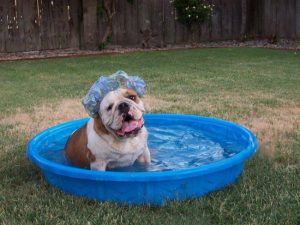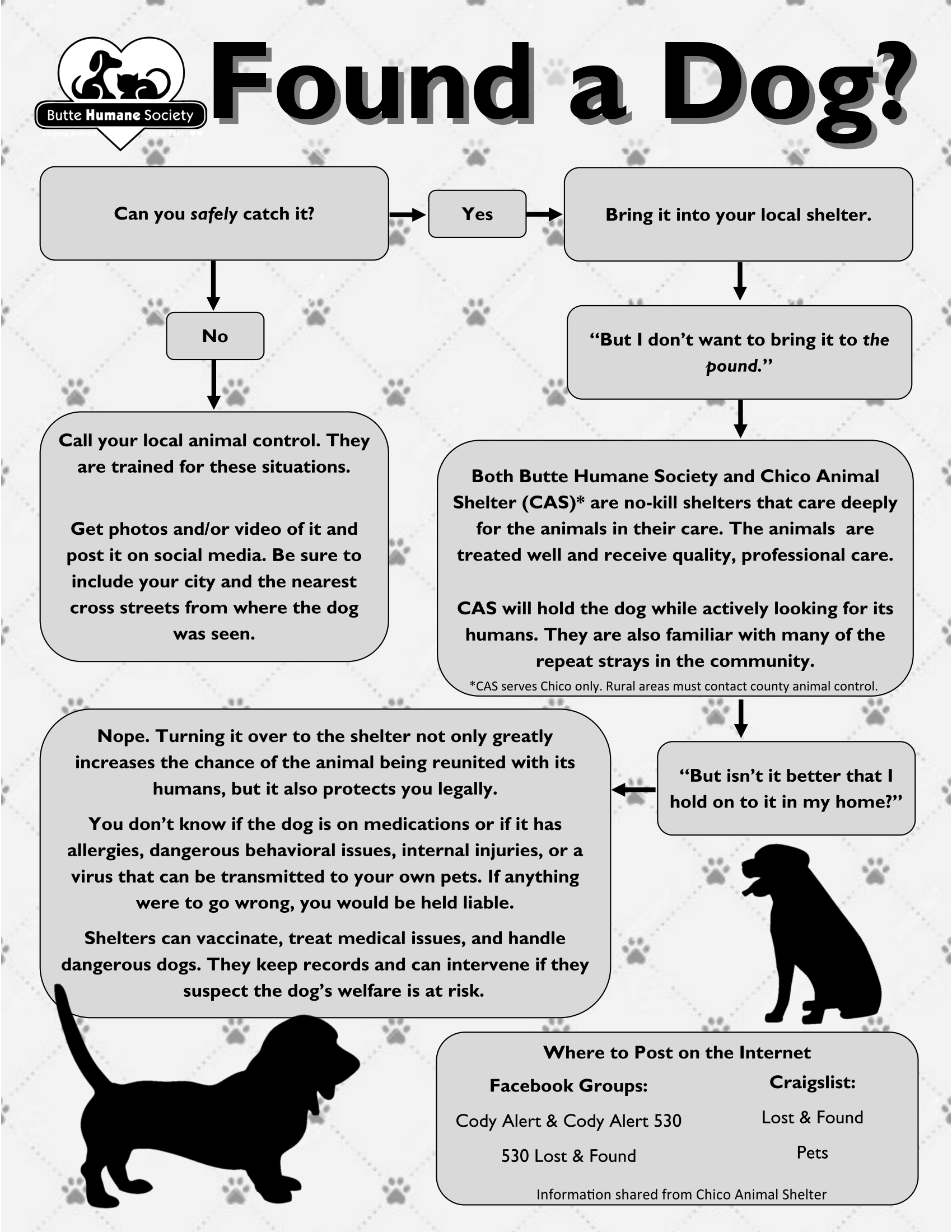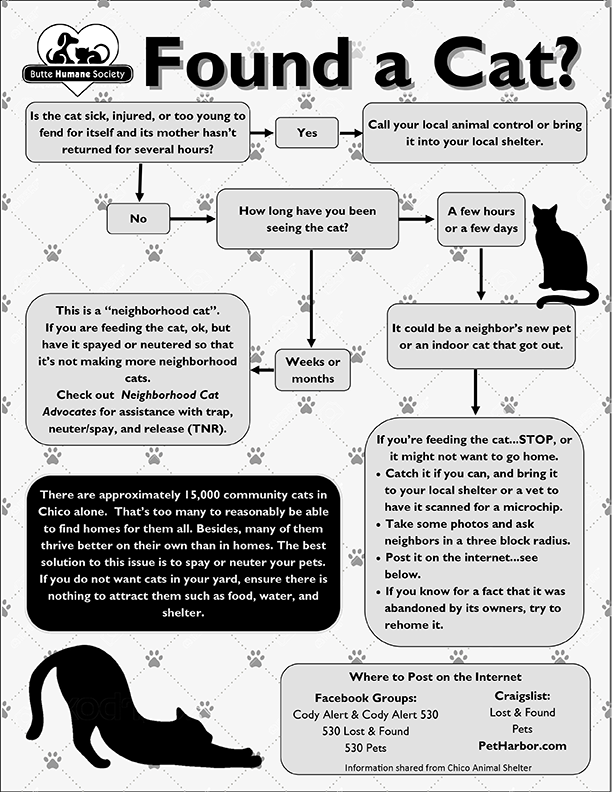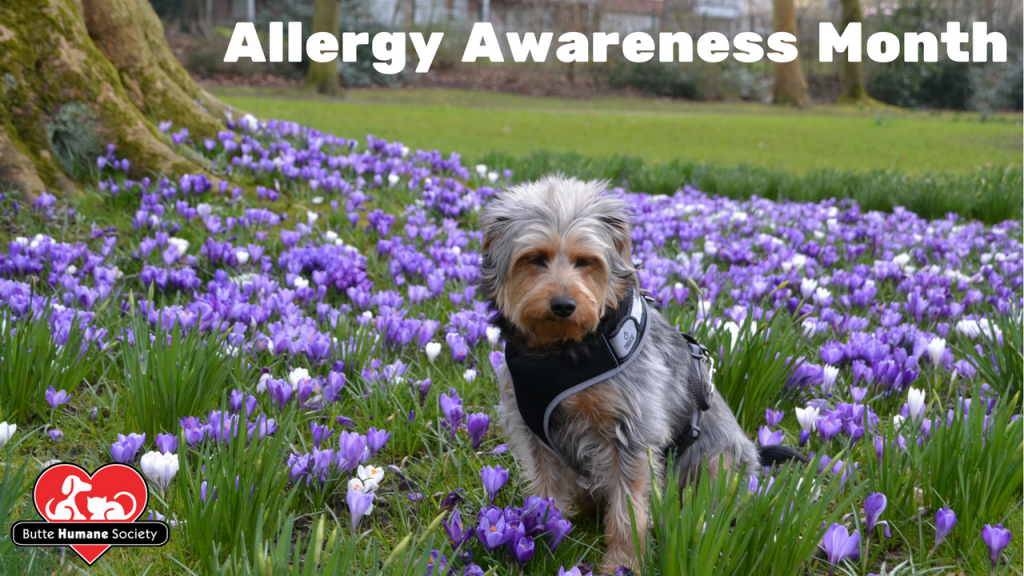
May is National Pet Allergy Awareness month! According to a recent survey, more than half of pet owners aren’t aware their dog or cat can also be miserable with seasonal allergies in the spring and summer months as well as suffer from environmental or food allergies year round! Symptoms of allergies can be as simple as sneezing, watery eyes, or itchy skin all the way up to intestinal distress, ear issues, and respiratory problems. The are a couple of precautionary steps pet owner’s can take to prevent things like food and environmental allergies such as keeping your pet on a grain free food (most dogs have some type of grain sensitivity or allergy), using all-natural cleaners in your home, and keeping plants that are toxic to pets out of your home and yard. Seasonal allergies are often hard to prevent, but knowing the signs and symptoms of allergies can help save your pet from seasonal allergy suffering.
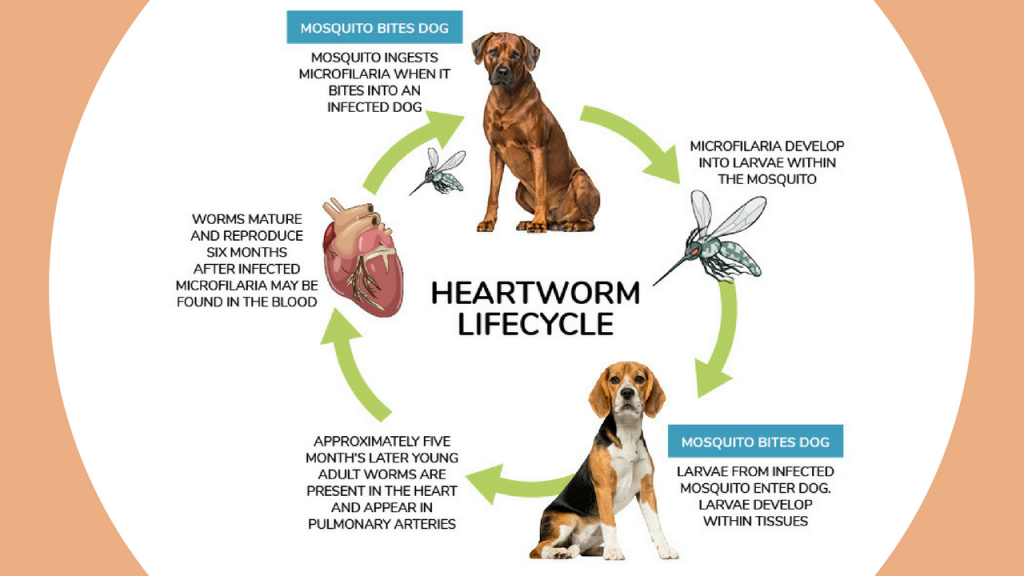 April is Heartworm Awareness Month! The Butte Humane Society Clinic is a proud member of the American Heartworm Association and we are committed to keeping our clients informed and educated to best protect their pets. Did you know that both cats and dogs have been diagnosed with heartworm in all 50 states? While heartworm is more common in dogs, cats are at risk for contracting heartworms as well.
April is Heartworm Awareness Month! The Butte Humane Society Clinic is a proud member of the American Heartworm Association and we are committed to keeping our clients informed and educated to best protect their pets. Did you know that both cats and dogs have been diagnosed with heartworm in all 50 states? While heartworm is more common in dogs, cats are at risk for contracting heartworms as well. Spring is just around the corner! With the upcoming season change, now is the perfect time to prepare your pets for warmer weather and all that accompanies it! One of the biggest complaints we hear from pet owners as the weather starts to warm up is: the fleas are back! We recommend keeping your pet on a year round flea preventative which helps prevent fleas from ever entering your home- it’s important to make sure your pet is up to date on their flea prevention as warm weather makes them more susceptible to becoming a host for those pesky bugs. Warmer weather also often means spending more time outside for your pets, and specifically more trips to parks or other pet friendly venues for dogs. Make sure your pet is up to date on their vaccines before allowing them to visit areas frequented by other animals to help give them the best chance of being protected from catching a virus from a “carrier” or another sick animal. Not sure what treatments or vaccines are best for your pet based on your lifestyle? Has it been longer than a year since your pet’s last check-up with a veterinarian? Vet care for your furry family member isn’t one size fits all, contact our clinic for information on the best options for your pet!
Spring is just around the corner! With the upcoming season change, now is the perfect time to prepare your pets for warmer weather and all that accompanies it! One of the biggest complaints we hear from pet owners as the weather starts to warm up is: the fleas are back! We recommend keeping your pet on a year round flea preventative which helps prevent fleas from ever entering your home- it’s important to make sure your pet is up to date on their flea prevention as warm weather makes them more susceptible to becoming a host for those pesky bugs. Warmer weather also often means spending more time outside for your pets, and specifically more trips to parks or other pet friendly venues for dogs. Make sure your pet is up to date on their vaccines before allowing them to visit areas frequented by other animals to help give them the best chance of being protected from catching a virus from a “carrier” or another sick animal. Not sure what treatments or vaccines are best for your pet based on your lifestyle? Has it been longer than a year since your pet’s last check-up with a veterinarian? Vet care for your furry family member isn’t one size fits all, contact our clinic for information on the best options for your pet! 